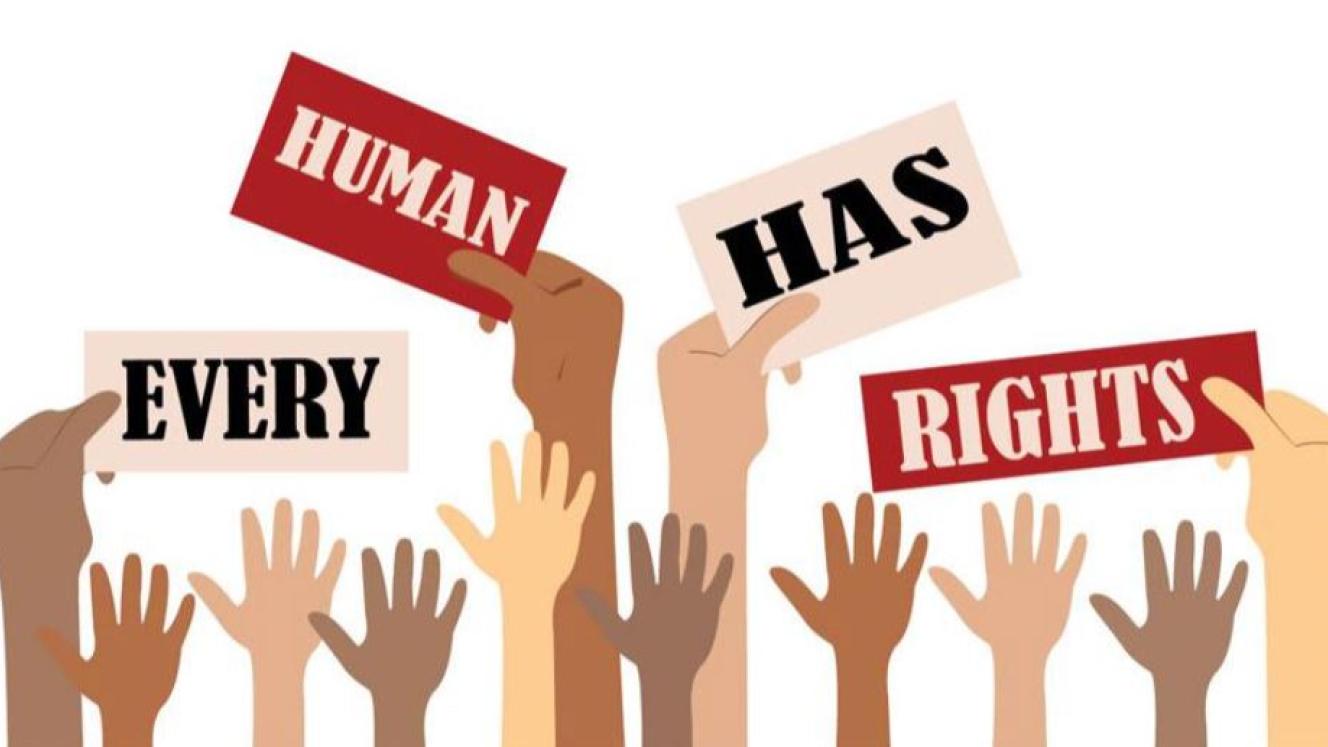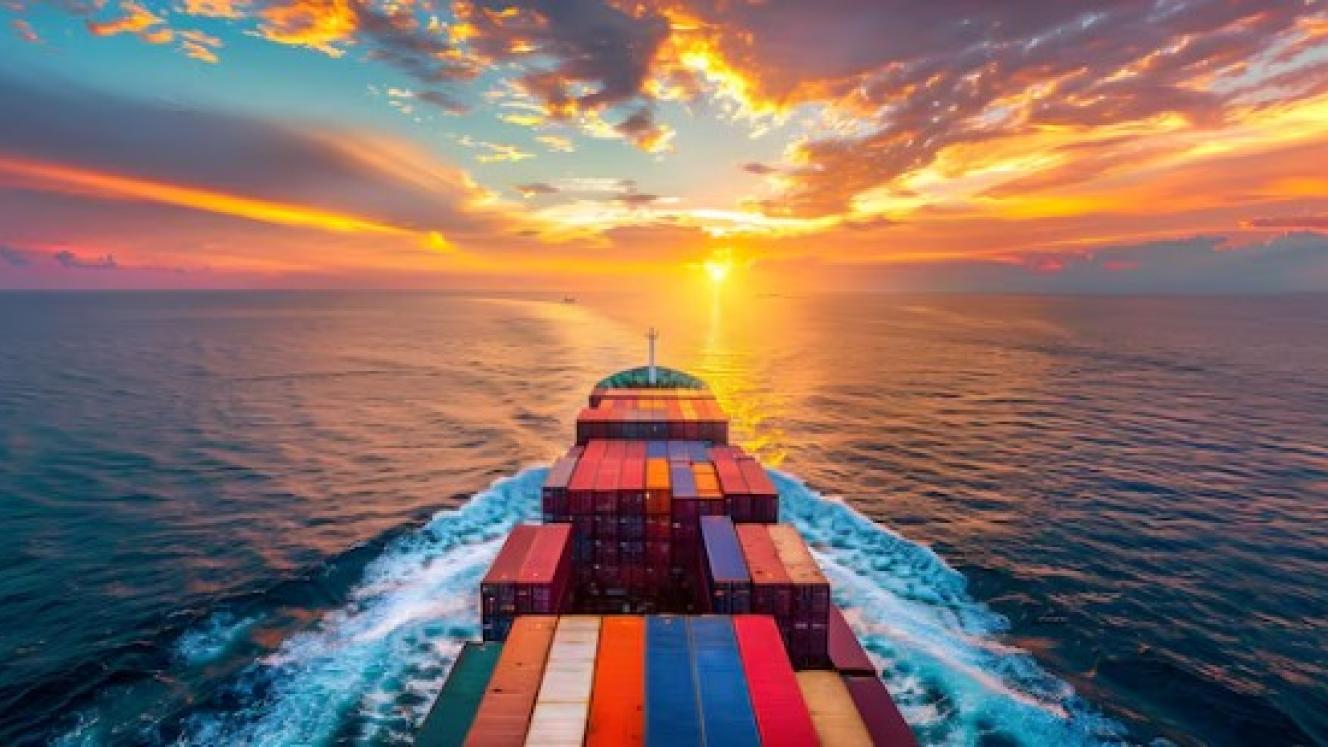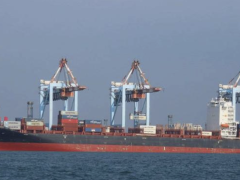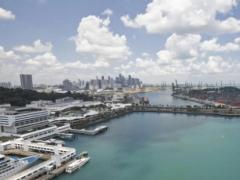The International Maritime Organization (IMO) used UN Human Rights Day yesterday to urge the industry to stand up for human rights across the maritime sector, using very personal stories to highlight the plight of the 400 000 seafarers still stranded at sea due to Covid-19 restrictions
There’s been plenty of media coverage of the plight of these seafarers, some of whom have now been working at sea for over 18 months, well beyond the 11-month limit set out by the International Labour Organization (ILO), with a similar number stuck at home, unable to join ships and provide for their families, it’s the personal stories that drive home the message.
The organisation has launched a video featuring seafarers who describe the challenges they have faced due to the pandemic, and the impact of the resulting crew change crisis on their physical and mental health, says IMO Secretary-General Kitack Lim.
Among them, British Chief Engineer Matt Forster saw his original 10-week contract extended and ended up spending six months at sea. "The biggest psychological effect was that you couldn't see an end to it. None of us signed up for that. We want to go to work, do our job, and then come home. We didn't sign up for what felt like an unjustified prison sentence," he said.
American Captain Hedi Marzougui said that the extended period on board had had a significant impact on his crew and himself. "The longer you stay out there, the more fatigued you get physically. The hours start to add up, the weeks and months start to add up. And you get very tired and you are not as sharp as you are when you are doing your normal stint," he said, adding that fatigue and exhaustion can lead to accidents.
Captain Marzougui called on the world to help his fellow seafarers still stranded at sea. "We also have rights as human beings, we have a family of our own. We have a life to get back to. We're not robots, we shouldn't be seen as second-class citizens," he said.
Among the seafarers who were unable to join ships due to travel restrictions, Indian Second Officer Pankaj Gautham experienced significant difficulties feeding his family. "It was financially a crisis for me, and it was a difficult time," he said.
“On Human Rights Day, IMO is calling on all governments who have not already done so to designate seafarers and marine personnel as key workers, with all the related priorities for travel, transit and vaccination this entails, and to safely allow seafarers to travel, using recommended crew change protocols. The UN General Assembly also called on UN member states to designate seafarers and other marine personnel as key workers, in a resolution adopted on 1 December,” said Lim.
“We must also continue to address abandonment of seafarers. The number of cases has substantially increased in 2020. To date, 65 new cases have been reported – compared to 40 during 2019. Of these new cases, only 18 have been resolved so far. Nearly a third of cases reported this year are a consequence of the Covid-19 pandemic. We continue to work with the ILO, member states, and industry and trade union partners to try to resolve these cases, based on our collective responsibility and human duty. While the causes of abandonment are many, they all have a dramatic human impact that must be addressed,” he added.













